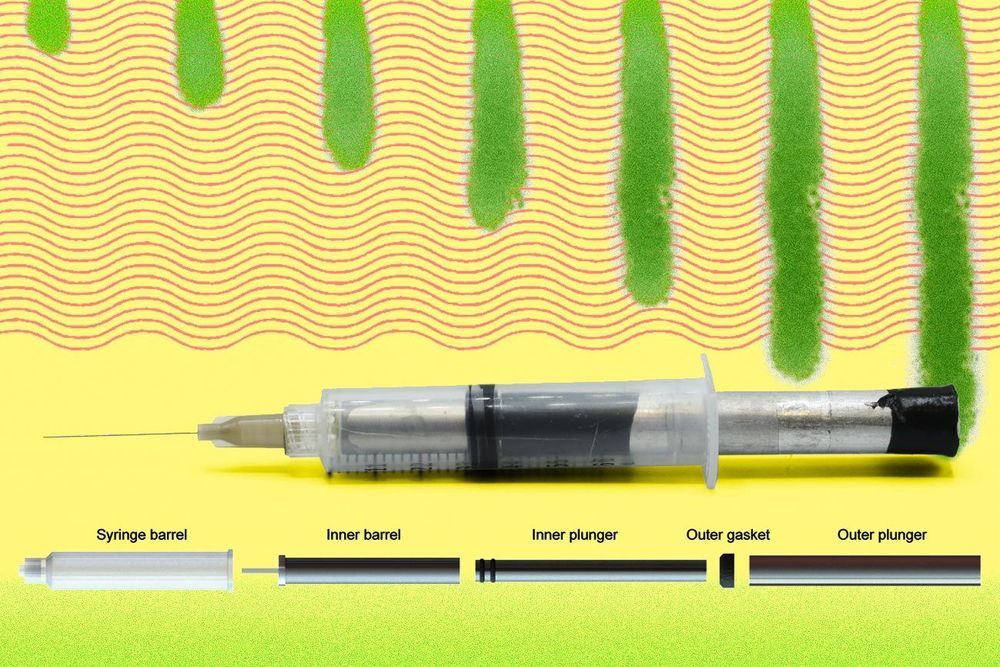Our muscles start to shrink and weaken when we reach our 50s and 60s in a process called sarcopenia, but new research in mice from the University of Michigan offers new insights into why this loss may occur, and how we might begin to prevent it.
Sarcopenia is the progressive loss of muscle mass in aging, and it’s linked to other age-related pathologies such as osteoarthritis, cardiovascular disease and cancer, as well as an overall reduction in function and independence.
The research, led by Carlos Aguilar, a U-M assistant professor of biomedical engineering, focused on muscle stem cells since they are dedicated solely to keeping muscles healthy. And to better understand stem cell function during aging, testing was conducted on two sets of mice, one “young” and one “old,” before and after muscle injury.








